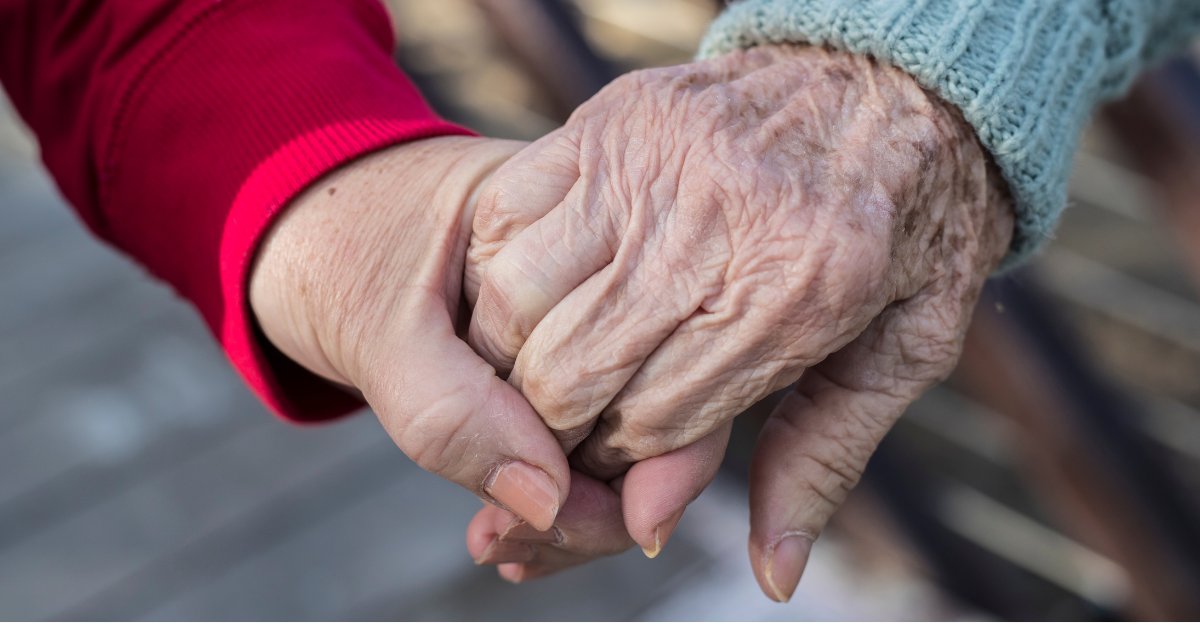One of the most important services a home care agency can provide their clients and families is regular, updated information about their loved one. Family Resource Home Care supervisors regularly talk to husbands, wives, sons, daughters and other relatives to report on their loved one’s condition and make adjustments, if needed, to client care plans. But in order to provide the most accurate and up-to-date information, supervisors rely on the observational and reporting skills of their trained caregivers.
When caregivers meet their clients for the first time, they begin the process of learning about them and developing a general baseline which is used in the future to identify any changes that may have occurred. Caregivers learn about their clients from their supervisors, the care plan and from the clients themselves. From that point forward, caregivers observe their clients from day to day, paying particular attention to changes in their daily routines, behavior, ways of communicating, appearance, general mood or manner and physical health. Observing means more than just watching for obvious changes; it also means being sensitive to even subtle changes. This is an ongoing process that takes place every time a caregiver is on duty. It requires that caregivers use all of their senses – sight, hearing, touch and smell. It means taking the time to speak with clients, ask questions and really listen to their answers. A good listener hears more than words. A good listener also pays attention to other forms of communication such as body language and facial expressions.
Sometimes there are signs that suggest a change has occurred in a client’s emotional, physical or mental status. Other times symptoms of the change may be present. Signs are what can be observed; symptoms are what a person experiences or feels. Signs or symptoms can suggest that the status of your client has changed quickly due to a medical occurrence such as a stroke or injury, or slowly due to a gradual shift in their physical or mental condition.
Trained Caregivers
Our caregivers are trained to look for changes to their client’s physical health including changes to skin (including bruising or sores), eyes/ears/nose/throat, mobility, eating, sleeping, or bathroom habits, odors, discharge, itching, swelling, burning, numb or cold hands or feet or weight change – either up or down.Caregivers also watch for changes to their clients’ mental or emotional state including changes in behavior, mood, communication, overall appearance, and hygiene. When changes are observed, caregivers are told to contact their supervisor. Their observations and report provide the information supervisors need to decide the next step, which may be to plan a visit from the supervisor or on-staff nurse, or contact a family member.
Caregivers are also asked to contact their supervisor immediately to report:
- Any sign of injury, including falls
- Any illness or rapid change in condition
- An emergency, crime or dangerous situation
If a caregiver sees signs that the client may be the victim of abuse or neglect, they must immediately report to the Department of Social and Health Services, then notify a supervisor.
Caregivers get to know their clients by spending time with them and learning their baseline. When a client has moved away from their baseline, Family Resource caregivers are trained to pick up the phone and call their supervisor. And what if everything is just fine and going great? Well, we like to hear that too – and so do our client families.






